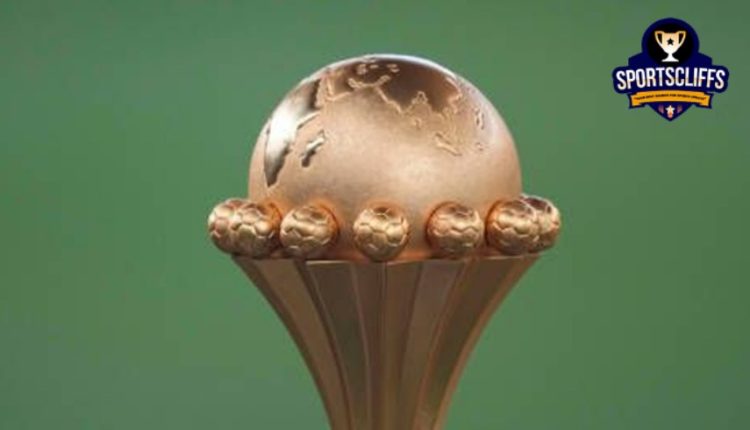The Birth of the African Cup of Nations (AFCON)
Football has always been a unifying force across continents, and for Africa, no tournament embodies this spirit more than the African Cup of Nations (AFCON).
On February 12, 1957, the first edition of AFCON was held in Sudan, marking the beginning of a competition that would grow into one of the most prestigious football tournaments in the world. This momentous event not only elevated African football but also laid the foundation for the continent’s recognition in global sports.
The Road to AFCON’s Creation
The idea of an African football championship took shape in the 1950s, at a time when the sport was gaining popularity across the continent. However, African nations had little representation on the global football stage. FIFA, the world football governing body, was still dominated by European and South American influences, and African teams faced significant barriers to participation in international tournaments.
In 1956, representatives from Egypt, Sudan, Ethiopia, and South Africa met in Lisbon, Portugal, during a FIFA Congress. These four nations laid the groundwork for the formation of the Confederation of African Football (CAF), the governing body for African football. Shortly after, CAF announced the creation of the African Cup of Nations, with Sudan chosen as the host for the inaugural tournament in 1957.
However, controversy arose when South Africa was disqualified from the tournament due to its apartheid policies, which promoted racial segregation. As a result, only three teams—Egypt, Sudan, and Ethiopia—competed in the historic first edition.
The First AFCON Tournament
The tournament was structured as a direct knockout competition. In the first match, Egypt faced Sudan and emerged victorious with a 2-1 win, earning a place in the final. In the championship match, Egypt dominated Ethiopia with a convincing 4-0 victory. Mohamed Diab Al-Attar, popularly known as Ad-Diba, scored all four goals for Egypt, securing their place in history as the first-ever AFCON champions.
Ad-Diba’s performance remains one of the most remarkable individual displays in AFCON history. His four-goal haul in the final not only earned him the top scorer award but also solidified his legacy as one of Africa’s early footballing icons.
The Growth and Evolution of AFCON
The success of the first AFCON laid the groundwork for the tournament’s expansion. Over the years, more African nations gained independence and joined CAF, leading to an increase in the number of participating teams. By 1963, AFCON had expanded to include six teams, and by 1996, it had grown to 16 teams. In 2019, the tournament expanded again to 24 teams, reflecting its immense popularity and significance in African football.
AFCON has provided a platform for some of the greatest footballers in history, including Roger Milla, George Weah, Abedi Pele, Samuel Eto’o, Didier Drogba, and Mohamed Salah. The tournament has also given African nations the opportunity to showcase their footballing talent on a global stage, inspiring generations of young players.
AFCON’s Impact on African Football
The establishment of AFCON had far-reaching effects on African football. It strengthened the continent’s presence in global football and helped African nations gain more recognition in FIFA competitions. In 1970, Morocco became the first African team to qualify for the FIFA World Cup, and in 1986, they became the first to reach the knockout stages. Since then, African teams have consistently competed in World Cups, with Senegal (2002) and Morocco (2022) reaching the quarterfinals and Morocco making history as the first African team to reach the semifinals.
AFCON also played a crucial role in uniting African nations through football. The tournament has been held in different countries, allowing fans across the continent to experience its magic firsthand. From the electrifying atmospheres in packed stadiums to the passionate celebrations of national pride, AFCON continues to be a festival of football and culture.
The inaugural African Cup of Nations on February 12, 1957, was more than just a football tournament; it was a turning point in African sports history. Today, AFCON remains a prestigious and beloved competition, bringing together millions of fans and showcasing the extraordinary talent that Africa has to offer.
As we celebrate this historic event, we recognize the visionaries who made it possible and the countless players who have contributed to its rich legacy.
Follow us @Sportscliffs on Twitter and Instagram and also like our facebook page


